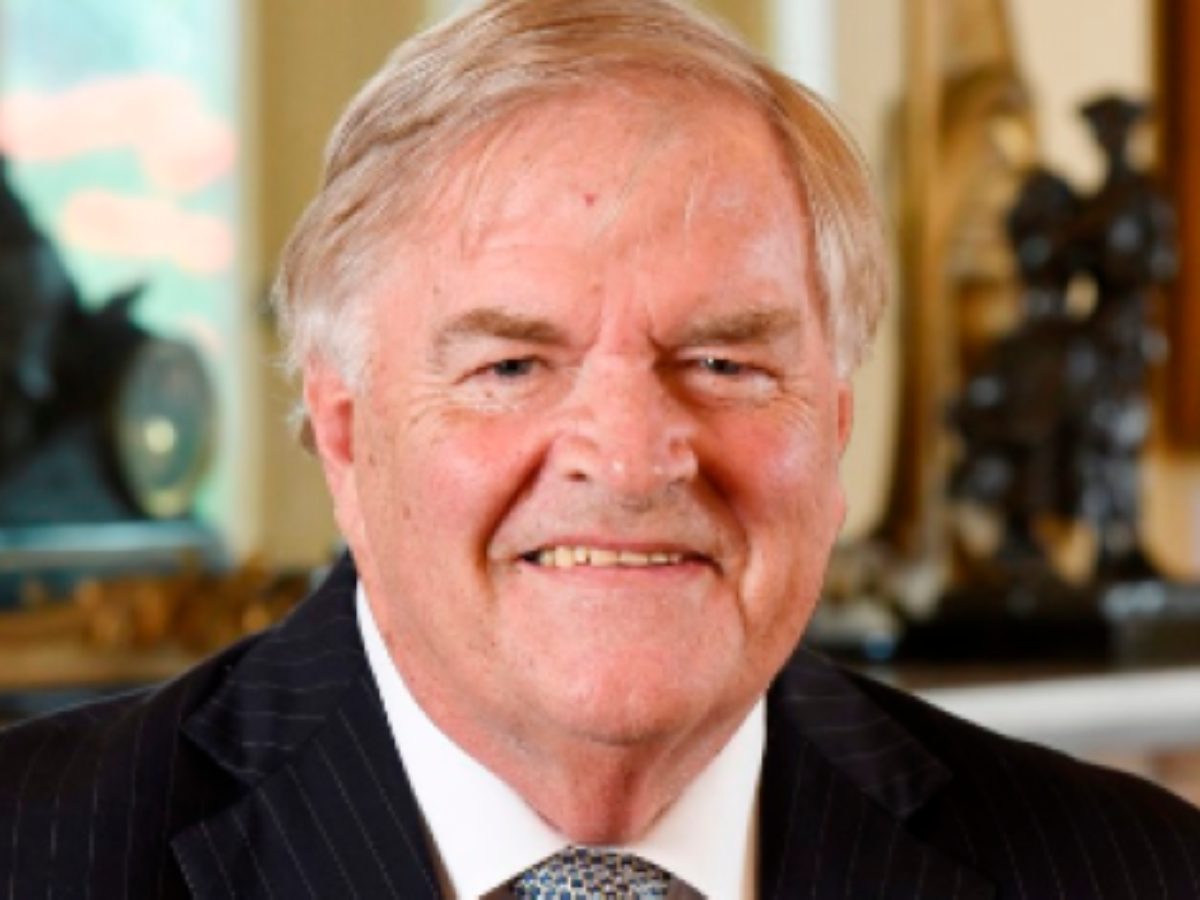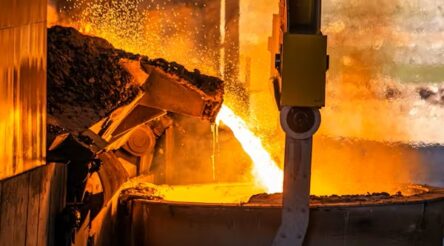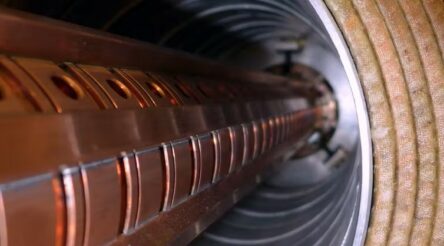Beazley calls for onshore rare earths processing

By Peter Roberts
Few defence ministers have done more for Australian sovereign industry capability than Kim Beazley.
Most recently Governor of Western Australia, Beazley as Australian ambassador to Washington pried open US markets for Australian manufactured defence equipment, securing new markets for the likes of BAE Systems Australia's anti-ship missile decoy rocket, Nulka.
Domestically he led the construction of the Collins Class submarine in Australia, paving the way for a self sustaining domestic submarine design and construction sector.
That subsequent governments both Liberal and Labor failed to follow up on his vision is history, but now he is championing the development of an even more critical industry – the processing of rare earths and subsequent downstream opportunities.
It is well known that Australia's Lynas rare Earths is the only substantial producer of rare earths outside China, though apart from some basic processing in Kalgoorlie, Lynas chose to do the value-adding into metals in Malaysia.
Beazley, in an interview in ASPI Strategist, the online media of the Australian Strategic Policy Institute, notes the 3,000 items of US military equipment requiring rare earths including crewed and uncrewed aircraft, satellites, nuclear weapons, missiles, surface warships and submarines, advanced radars and combat systems, and army vehicles such as tanks.
Key are neodymium and praseodymium used in permanent magnets.
Beazley told The Strategist that a guaranteed supply of processed rare earths will be vital to manufacture the high-end capabilities to be developed under the AUKUS security partnership involving Australia, the UK and the US.
He said: “Beijing has made offers for Western Australian mineral businesses well above market value to try to maintain its monopoly, and add to its arsenal of possible choke holds on increasingly vulnerable nations.
“Western Australia is perhaps ground zero in an apparent critical minerals war lying ever so eerily under the gaze of the public eye.”
Beazley believes Australia is ahead of its US ally, but establishing the processing and manufacturing capacity to lessen dependence on China will require considerable government support.
In the recent budget the federal government cleaned up Australia's finances, especially sweeping aside numerous undirected and wasteful grants programmes, and established a number of funds to support manufacturing development.
Developing the rare earth industry, and by that I mean much more than digging it up and shipping it out, should be a bedrock of any investment in value-adding – the heart of all manufacturing.
Not only is there immense value-added economic benefit to be had by moving up the value chain and producing metals and manufactured products, but it would be a milestone in establishing Australia as a critical supplier to our allies defence efforts.
Australian mining companies are rapidly exploring, and discovering rare earths potential, but the danger is we will just follow our history and export the raw material.
Already Australian Strategic Materials, which is developing its Dubbo, NSW project, has established value-added metal manufacturing in Korea.
Developed countries such as Korea are desperate to bring to their shores rare earth capabilities, and they are prepared to invest and offer incentives.
If we fail to respond, and follow Treasury and the Productivity Commission advice which is always against investment attraction for manufacturing, we will be condemning ourselves to be a raw materials exporter – yet again.
Picture: govhouse.wa.gov.au/Kim Beazley
@aumanufacturing Sections
Analysis and Commentary Awards casino reviews Defence Gambling Manufacturing News Online Casino Podcast Technology Videos





